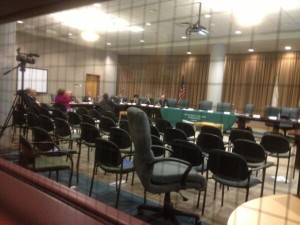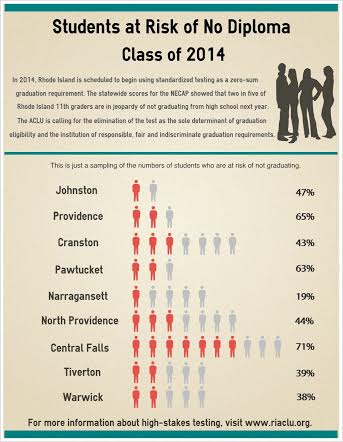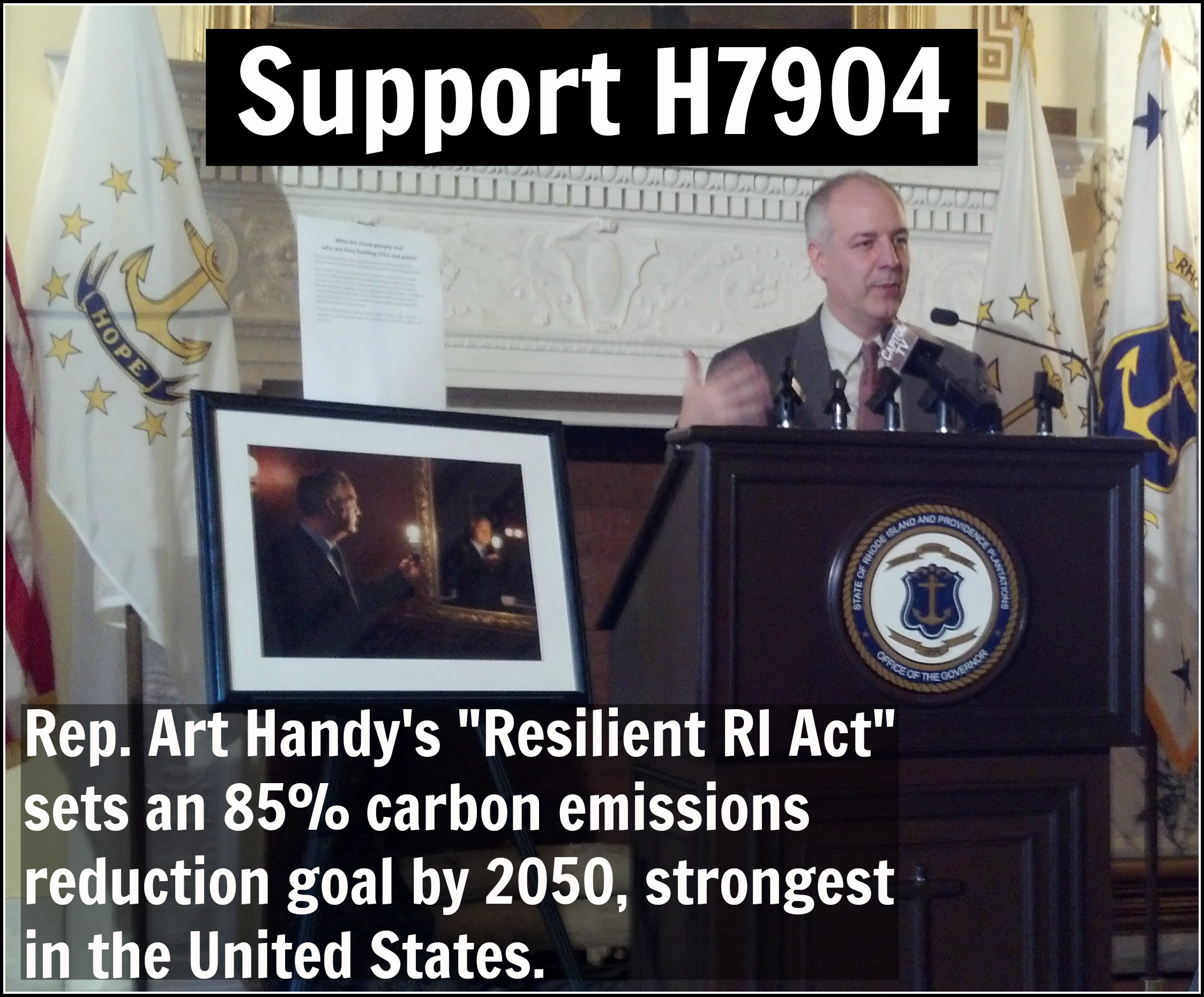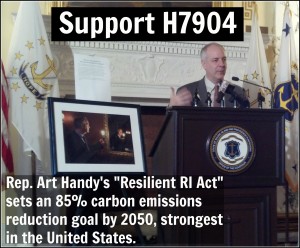Historian Laureate Patrick T. Conley’s view of Rhode Island history is one where great men built greater factories and amassed the greatest of fortunes, as he gushingly describes in his op-ed in Saturday’s ProJo:
With the once-wealthy Southern states diminished economically by the destruction of slavery, the federal census of 1890 revealed that Rhode Island had ridden the crest of the Industrial Revolution to become the American state with the highest per capita wealth. Jobs were so plentiful (despite low pay and long hours) that immigrants flocked to Rhode Island from Canada and nearly every European nation.
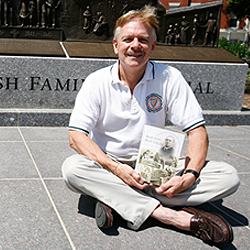 URI labor historian Scott Molloy, on the other hand, sees history as the struggle of labor against low pay and long hours, what Conley might note as one of the “myriad causes of Rhode Island’s decline over the last century an a quarter.”
URI labor historian Scott Molloy, on the other hand, sees history as the struggle of labor against low pay and long hours, what Conley might note as one of the “myriad causes of Rhode Island’s decline over the last century an a quarter.”
The choices we make, whether as individuals or as a collective, define us. When the General Assembly invented the unpaid ceremonial position of “historian laureate” and Secretary of State Mollis formed a search committee to find the person to fill this post, Patrick Conley “was the committee’s unanimous recommendation.” In reality, the position was most likely created with Conley in mind, and the other two nominees, Roberta Mudge Humble and John G. Shaw III, were probably never given serious consideration.
In choosing Conley, who briefly served as Buddy Cianci’s chief of staff, we have defined Rhode Island as beholden to inside politics. In choosing Conley, who constantly advocates for less environmental oversight on the property he wishes to develop, we have defined Rhode Island as unconcerned with environmental issues. In choosing Conley, who dismisses one of the key concepts upon which Rhode Island was founded, the separation of church and state, we have defined Rhode Island as ignorant of its own history.
Imagine now, had Rhode Island chosen URI’s 2004 Professor of the Year, Scott Molloy, as Historian Laureate. Had we chosen Molloy, who has been a teacher at URI for nearly 30 years, we would have defined Rhode Island as committed to publicly funded education. Had we chosen Molloy, who is an expert in Rhode Island labor history and who understands the importance of unions in protecting workers rights and creating the middle class, we would have defined Rhode Island as valuing the well being of the 99% over the enrichment of special interest millionaires. Had we chosen Molloy, we would have defined Rhode Island as a place where dedication to study and craft counted for more than currying special favors via insider politics.
Finally, had we chosen Molloy, we would not now be suffering the embarrassment of Rhode Island’s first Historian Laureate abusing his position and writing a self-interested screed in favor of dismantling regulations that limit his ability to make a buck.
If, as John McDaid suggests, it’s time to terminate Patrick Conley from his honorary post, might it be time to find a new Historian Laureate? I’ve got a nominee in mind.


